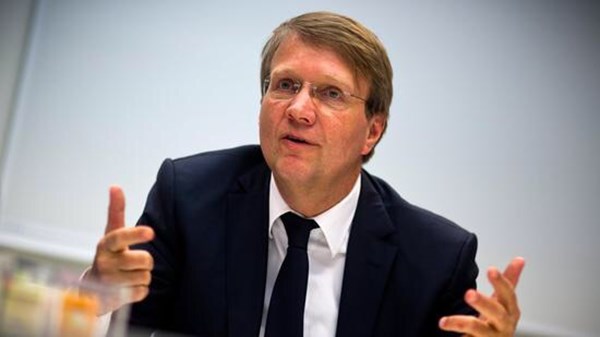German politican: Strengthening of NATO presence in the Baltic should be short-term
A few days before the summit of NATO countries in Warsaw, the German Co-Chair of the German-Russian Petersburg dialogue, Ronald Pofalla, stated that the planned strengthening of NATO troops in Poland and Baltic States should only be in the short-term, Korrespondent.net reported.
“NATO could initially limit the term of strengthening of troops to one year. If ceasefire is observed in eastern Ukraine and a legally binding truce is established, the Alliance would be able to weaken the military presence again,” Pofalla said in his interview with Focus, published on the 2nd of July.
The Christian Democratic politician noted that NATO satisfies the security needs of a number of countries with the help of rapid reaction forces. Pofalla was sympathetic to the fears of Eastern European NATO countries. “The illegal annexation of Crimea has shown what Russia is capable of,” the Chairman explained.
At the same time, Pofalla noted that the spiral of reactions, retaliatory actions and new reactions has been observed for already two years. That is why he expressed the wish that the NATO countries’ decision on strengthening NATO troops in Poland and the Baltic States during the Warsaw summit was accompanied by a number of conditions.
Pofalla is not limited to pessimistic estimates of Moscow’s actions. “We are experiencing a phase when Russia has a unique possibility to achieve a lot through relatively small steps,” he said. The former Chief of the German Chancellery also listed the conditions for lifting the EU’s newly extended sanctions against Russia.
“When the weapons go quiet in eastern Ukraine, the West will have nothing more to do than consider the issue on cancelling separate sanctions,” Pofalla explained. At the same time, he asserted that in this case the West will have to simultaneously increase the pressure on Ukraine in order to fulfill its obligations and adopt electoral law.
On the 1st of July, the Secretary General of NATO, Jens Stoltenberg, noted that deploying additional NATO troops in Eastern Europe wasn’t on the agenda before Russia began its aggressive actions against Ukraine.
“We are increasing our military presence on the Eastern flank of the Alliance in response to Russia’s aggressive actions against Ukraine. All our actions are proportional, defensive by their nature and compliant with our international obligations, including the Russia-NATO Founding Act,” Stoltenberg said.
Adopting the decision to deploy four additional battalions of NATO to Poland and Baltic States is expected at the upcoming NATO summit in Warsaw that will take place on the 8th-9th of July.
